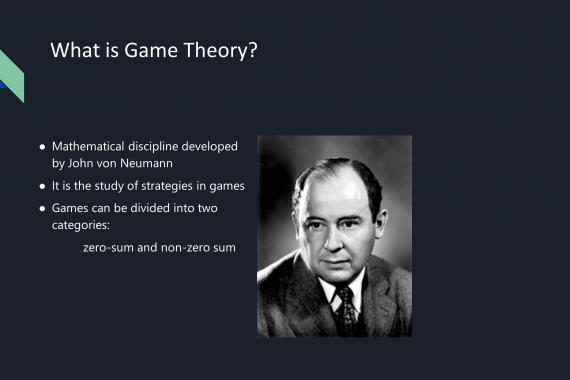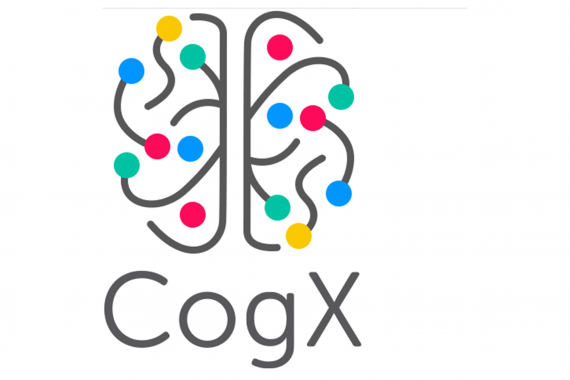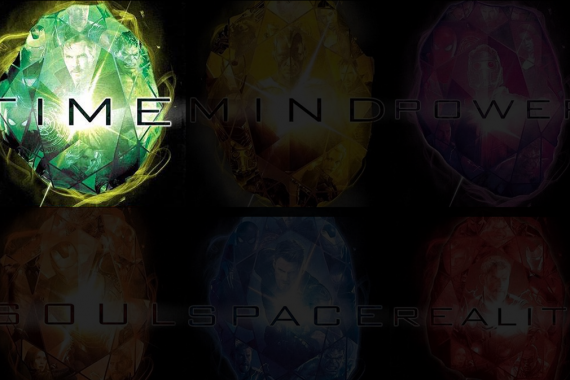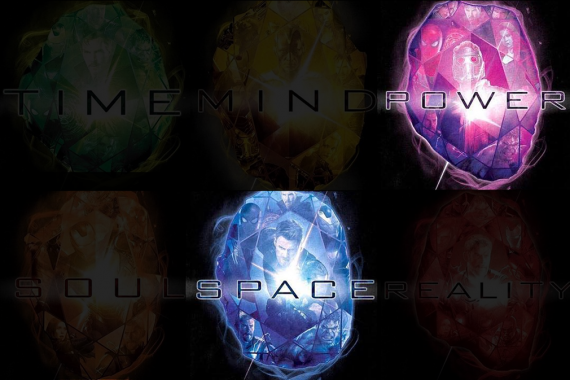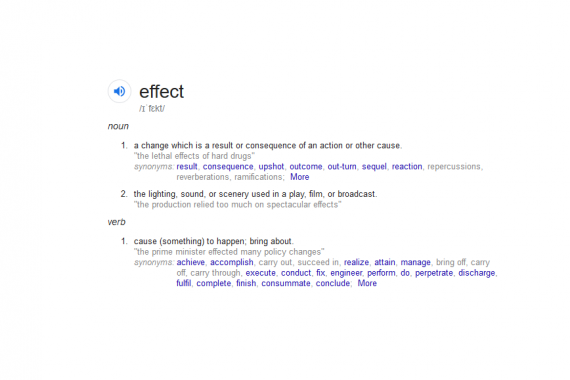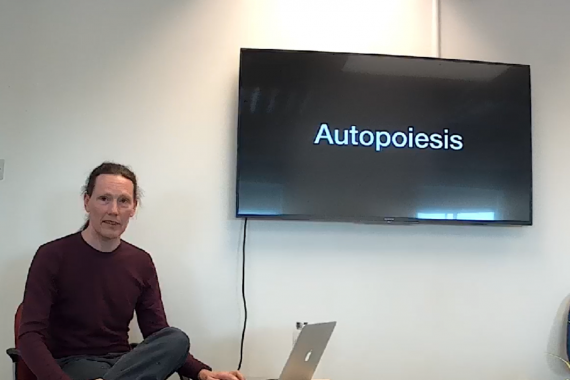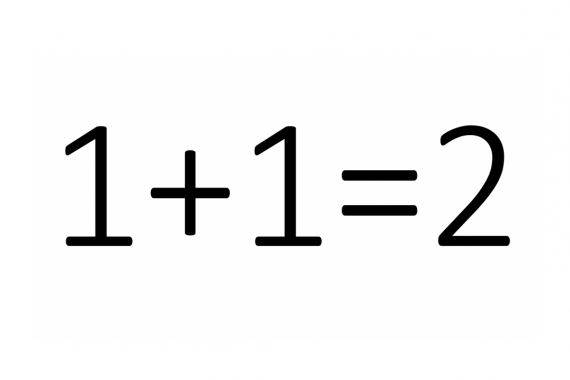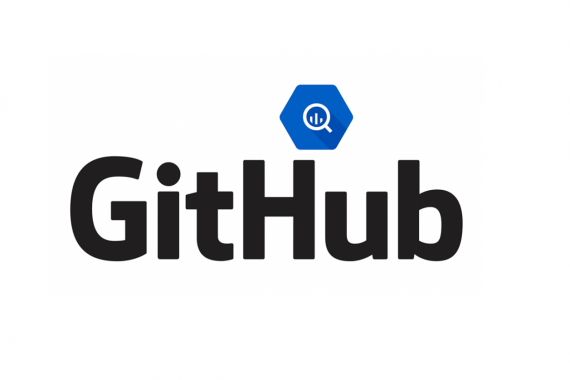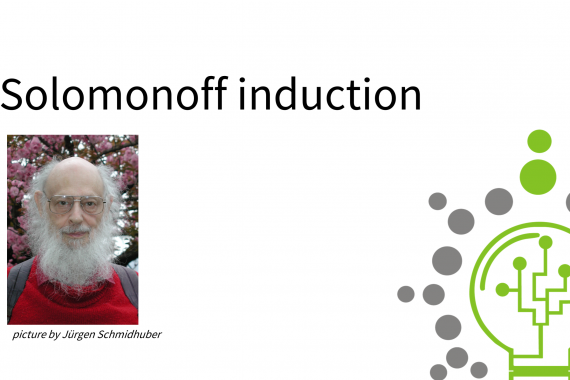Blog
Thoughts, insights all hot off the virtual press.
Game theory: an intro
Why don’t AIs do rubber ducking?
CogX 2019: An overview of some interesting developments
Non-cryptographic hashing functions: The Infinity Stones of Computer Science – Part 2
Our awesome clients: FLOCERT
Non-cryptographic hashing functions: The Infinity Stones of Computer Science – Part 1
Our awesome clients: Possability People
Punctuation and grammar: all that fun stuff
Autopoiesis – a contemplation
Back to Basics
Using BigQuery & GitHub to Build a Giant Dataset of JavaScript Functions
Algorithmic probability – an insight
Pages
